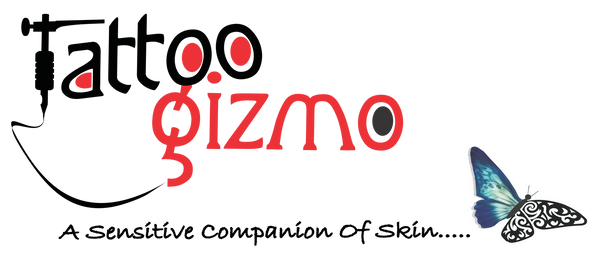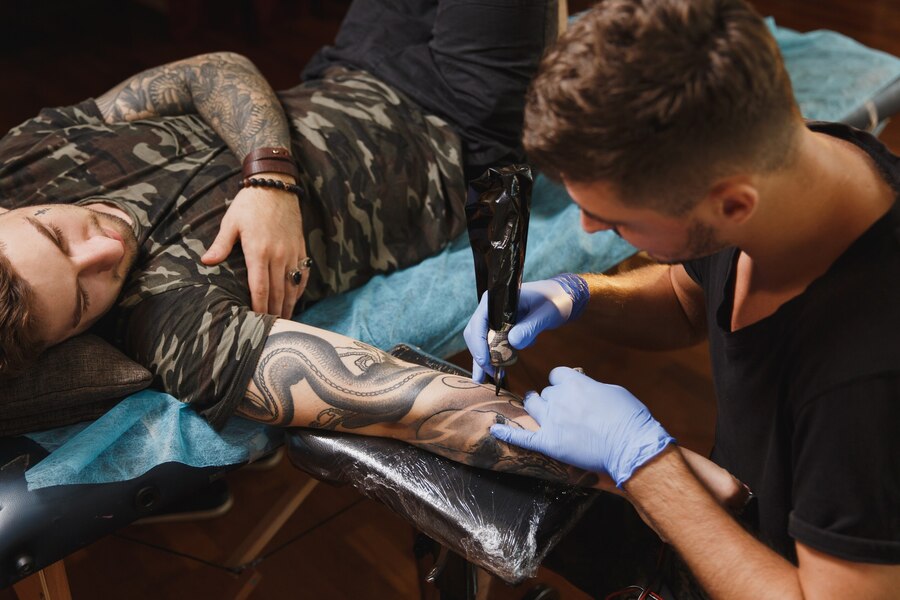The tattoo machine is the cornerstone of every tattoo artist’s craft. Here’s a brief guide to help you choose the perfect machine for your art.
The origins of the tattoo machine trace back to the late 1800s in the United States. Samuel F. O’Reilly, a renowned New York tattoo artist, is credited with developing the first electric tattoo machine. He achieved this by modifying Thomas Edison’s electric pen, incorporating needles and an ink reservoir.
Since then, tattoo machines have evolved significantly, with modern designs offering advanced features and cutting-edge technology.
Today, the market offers a wide variety of tattoo machines, each suited to different styles and preferences. Selecting the right one is crucial for achieving exceptional tattoo quality and ensuring a smooth, enjoyable experience throughout the process.
What factors should be examined when selecting a tattoo machine?
The first factor to consider is the type of tattoo machine you plan to use. Professional tattoo artists typically choose from three main types:
- Coil Tattoo Machines: These traditional machines are renowned for their superior power and precision.
- Rotary Tattoo Machines: Lightweight, quiet, and highly maneuverable, these machines are valued for their versatility.
- Wireless Tattoo Machines: Equipped with integrated or removable batteries, these machines eliminate the need for cords and external power supplies, offering greater flexibility and convenience.
The quality of the components is a key factor to consider. Tattoo machines crafted from high-quality materials deliver superior performance and greater durability.
Your budget is another important consideration. Tattoo machines come in a wide price range, so setting a clear budget beforehand will help narrow your options.
Finally, factoring in your style and skill level is essential. Choosing a machine that complements your technique gives you the best tool to bring your artistry to life.
Types of Tattoo Machines: Coil, Rotary, or Pen Tattoo Machines
Coil tattoo machines are the most traditional and widely used tools in the tattoo industry. They operate using an electromagnetic coil system housed within the machine, which drives a metal bar with attached needles. These needles penetrate the skin to deposit pigment into the dermis.
Coil tattoo machines deliver superior needle penetration, maximum power, and exceptional precision, making them ideal for creating bold lines and striking designs. However, they require a certain level of skill and experience to handle effectively.
Rotary tattoo machines utilize an electric motor to move the needles in a continuous, fluid motion. They are easier to use, low-maintenance, and well-suited for shading and filling work. These machines operate quietly and with less vibration compared to coil machines, making them an excellent choice for beginners.
Wireless tattoo machines represent the cutting edge of tattoo technology, blending traditional high-quality materials with modern advancements. They provide enhanced precision, improved ergonomics, reduced vibrations, and minimal noise.
Perfect for long sessions, wireless machines offer unmatched freedom of movement, better control, and exceptional ease of use, marking a revolutionary step forward in the tattoo industry.
Top Quality Tattoo Machine Parts and Accessories
Reliability is a critical factor when choosing a tattoo machine. A machine built with high-quality materials and components offers several advantages:
- Functionality and Efficiency: Ensures optimal performance during every session.
- Safety Compliance: Adheres to essential health and safety standards.
- Durability: Provides long-lasting use, even with frequent operation.
- Low Maintenance: Reduces the need for frequent repairs or adjustments.
Given that a tattoo machine is a long-term investment, these aspects should not be overlooked. Using low-quality equipment can compromise not only the outcome of the tattoo but also the health and safety of your clients.
We strongly recommend selecting safe, certified products and sourcing them from trusted suppliers to ensure both professional success and client well-being.

